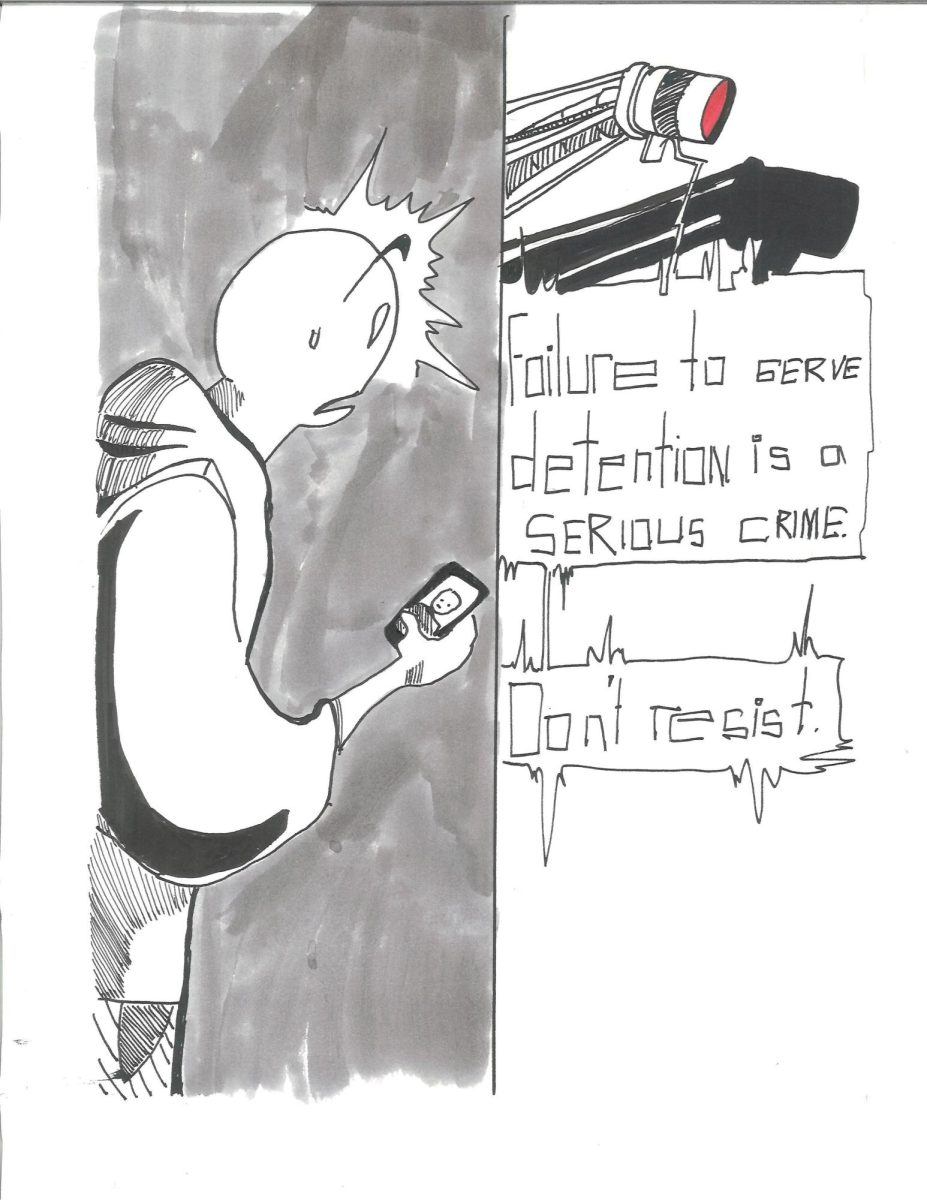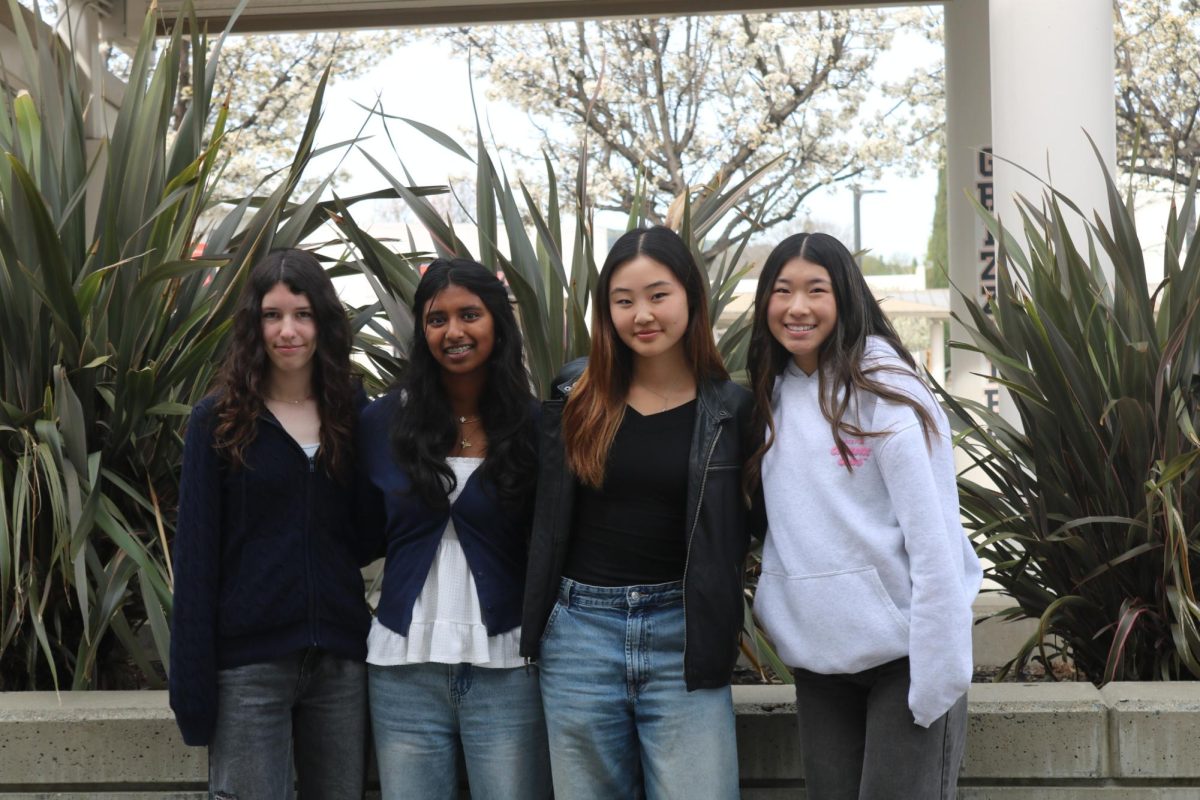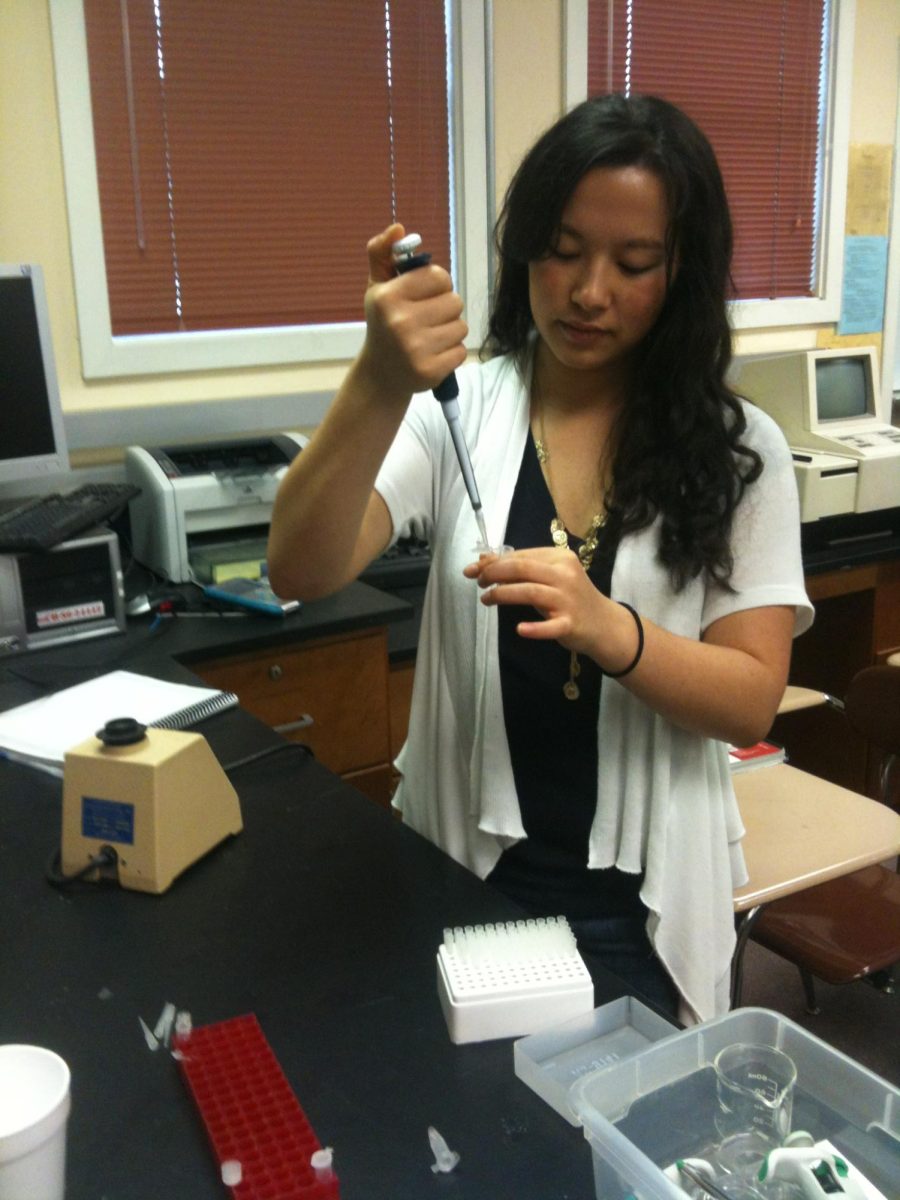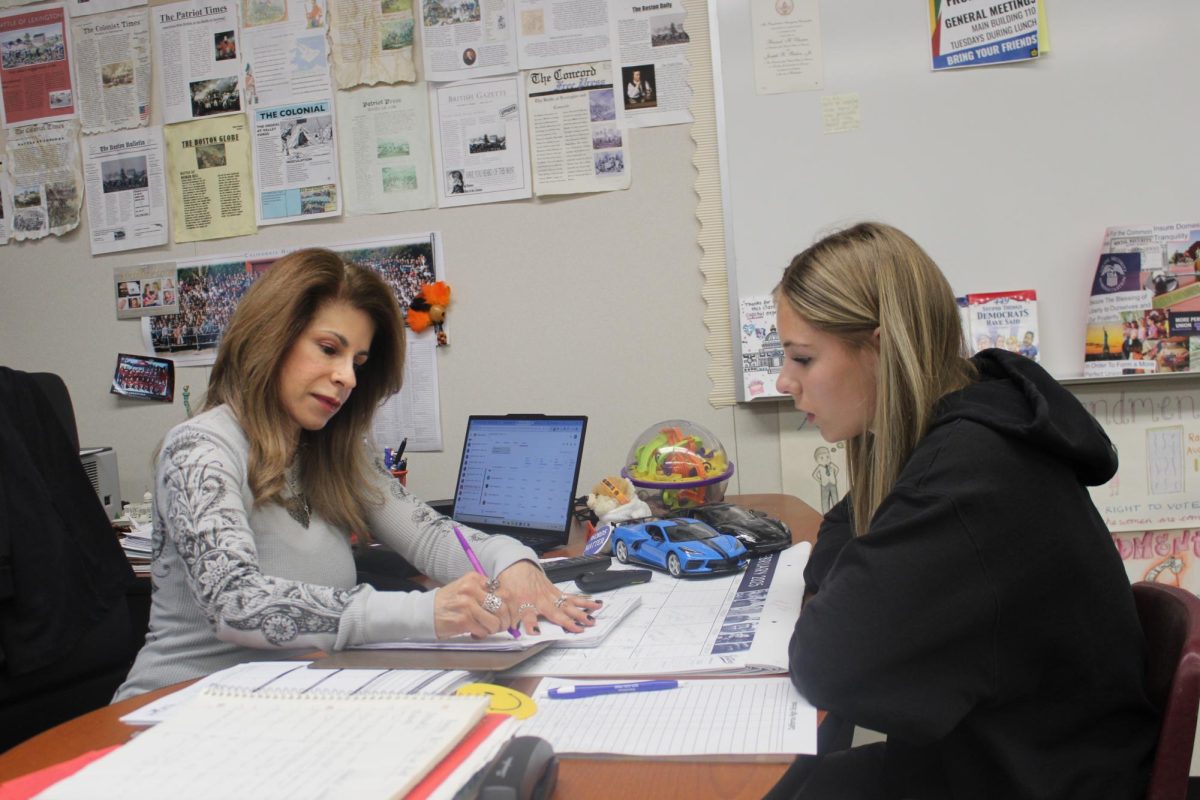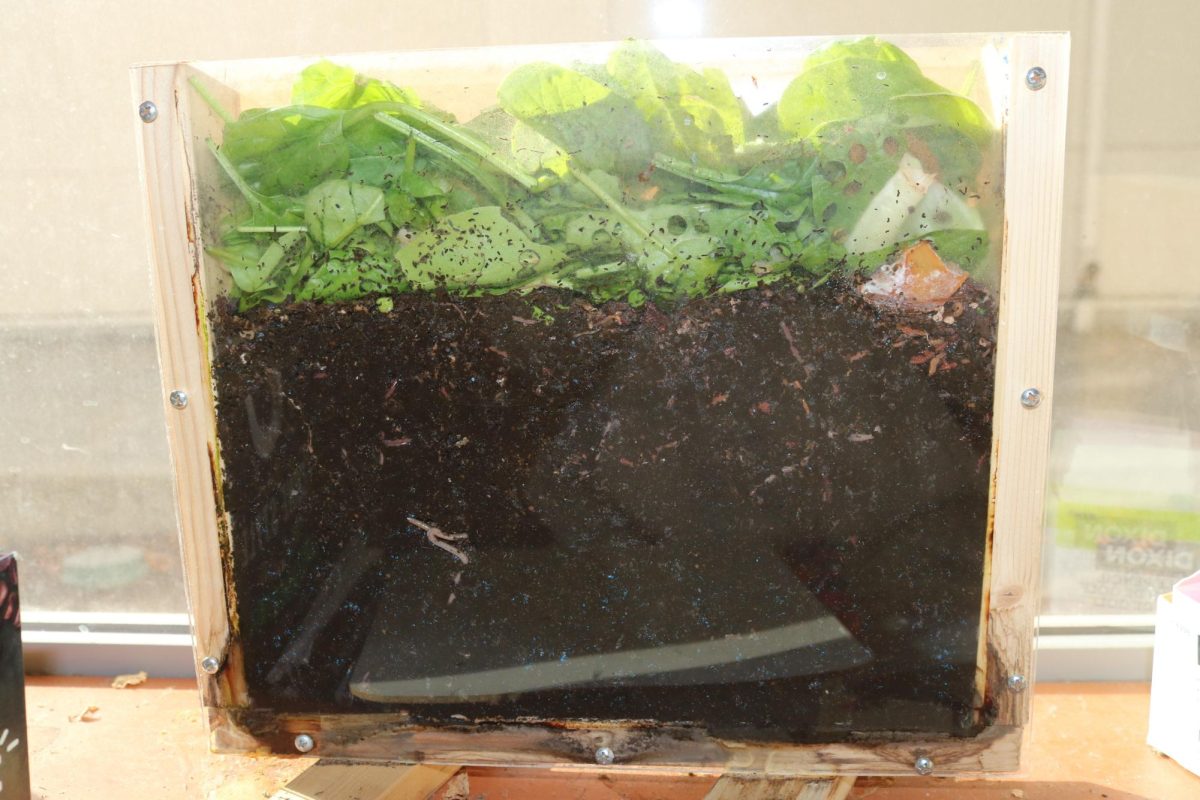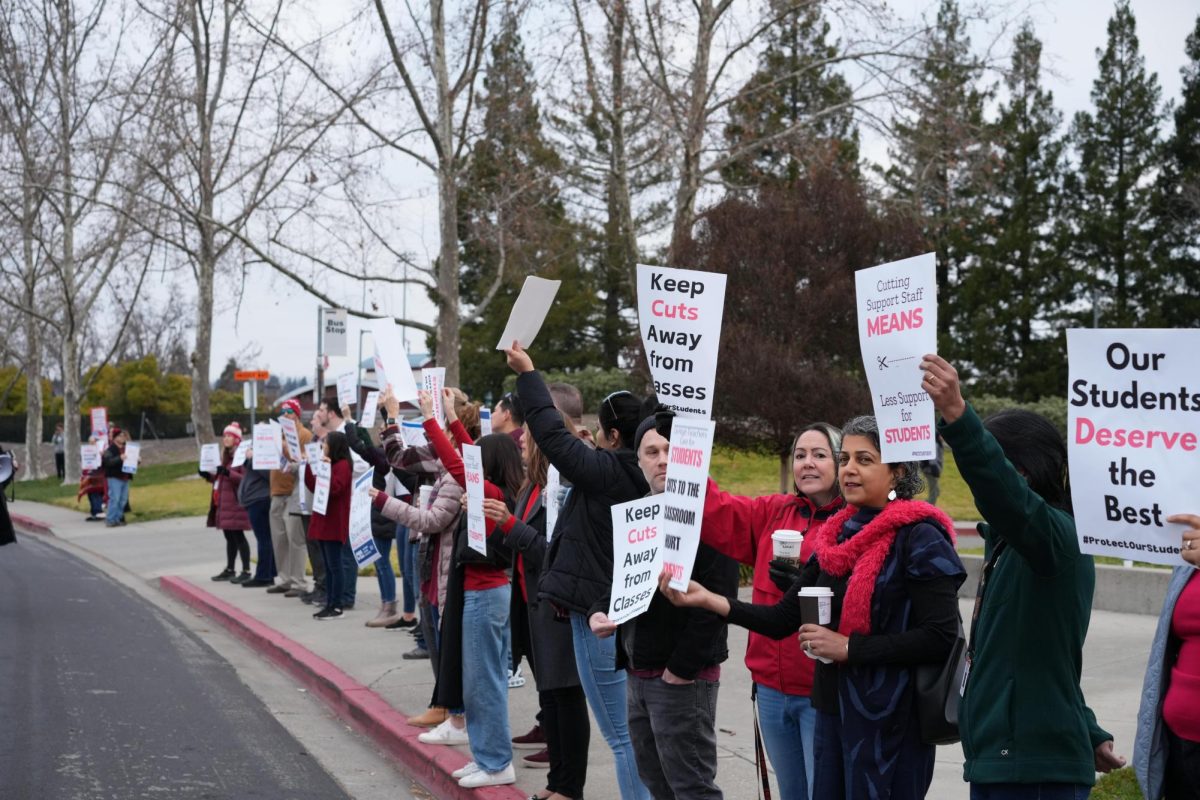Students better not be late when they return to campus on Jan. 9 after winter break.
Starting next semester, a new automated system is being introduced to keep track of tardies and automatically issue students detentions, taking the task away from teachers.
The new system will issue a detention after a student receives five tardies across all classes or a single cut, according to an email Principal Demetrius Ball sent families on Dec. 1.
This makes it easier for students to earn detention since tardies accumulate from all classes instead of just one. This semester students were supposed to receive detention if they were late three times to a single class.
Students will be notified of detentions through the school’s attendance system, Infinite Campus, and not by teachers.
“Infinite Campus has a way to automate consequences for tardies and cuts and those types of things,” Ball said during a press conference with The Californian. “What we are going to do is utilize that system, so the consequences will automatically be assigned to the student.”
Once the system is implemented, teachers will no longer have to keep track of the number of students’ tardies. Instead, when taking attendance they just need to indicate students are tardy in Infinite Campus.
This new system aims to eliminate inconsistencies in how different teachers mark attendance and issue detentions in their classes. Some teachers are very lenient while others are harsh, Ball said.
“One of the challenges that we face is there are some staff members that do a great job taking attendance and don’t have a problem issuing a detention for a student,” Ball said. “There are others that have a problem with it, and it is a challenge.”
This resulted in a large amount of trust being placed in the reliability of the teacher, Ball said. But the new technology hopes to introduce a more objectivity approach to marking attendance and issuing consequences.
Sophomore Lucas Chi is worried about the reliability of the new system following problems experienced by the school’s previous online scanner system that was used for marking attendance.
“I doubt this new system will work because the online scanner system we used to use had so many errors and issues,” Chi said.
Cal stopped using the classroom scanners midway through this semester.
Chi believes that many students will be affected by this new automated system.
“I think many people will feel strongly about this new system, even people like me who do not get many tardies,” Chi said.
One student who feels affected is senior Alicia Zhang, who prefers attendance being tracked teachers and not a computer.
“I don’t really like this change because I have had a few strict teachers in my first period that will make you late even if you are one second late to class after the bell,” Zhang said. “It put a lot of stress on me, and now this new system will be really strict too.”
Zhang prefers a slight buffer time some teachers provide after the bell rings, something that can still happen since teachers are inputting present or tardy on Infinite Campus.
Students are not the only ones who have concerns about this new automated attendance system.
Economics teacher Stephen Farwell has a lot of students tardy in his first and second period classes.
“I used to get around 10 or more tardies each period, so it was really bad,” Farwell said.
In order to deal with this large number of tardies, Farwell took a hands on approach to marking attendance by learning about his students and building connections with them. One aspect about the current attendance system that Farwell struggles with is the negative impact that a teacher issuing detention to a student can have on their relationship.
“To improve the current system, I would notify someone at admin that a certain student has three tardies and then that person could take care of alerting them and their families,” Farwell said. “It still would be work, but it takes the disciplinary action away from us and puts it off to the admin so we can maintain our relationships with students.”
A workaround Farwell believes would account for students varying circumstances is for teachers to take more responsibility when marking students and their attendance.
He believes that, since teachers are the ones who ultimately enter present or absent into the digital system, teachers can talk with their students to discover any straining situations that may cause their tardies, and then enter present even if they are technically late.
“The ultimate problem is that, while the automated system is a decent middle ground, it depends on each teacher and how well they know their students,” Farwell said. “Inconsistency may be a major issue here, so I think having those conversations with students is key to avoiding problems.”
Ball agrees with this sentiment, hoping that this new system will still allow teachers to communicate with their students and understand their individual situations.
“It takes it out of the hands of teachers to assign those consequences, but we still are going to be asking teachers to have conversations with students,” Ball said. “So if teachers are noticing a pattern, they can ask, ‘Hey, what’s going on? Is there anything I can do to help?’ That type of thing can still continue to happen.”
One new issue that may arise as a result of this automated system, however, is a greater number of detentions being issued to students.
While the technology can automate the alert to students and families in a matter of seconds, the more difficult problem is accommodating all of those students who receive detention within a single classroom.
“Right now, we have Mrs.[Chloe] Elliott who hosts detention on Mondays after school for an hour to three hours,” Ball said. “If we start assigning more detention, which hopefully will not happen but likely will, we need to figure out what that will look like and go through possibilities, like maybe doing something with the theater or commons to host more students.”
Automated detention system starts in January
Students now will receive detention automatically after 5 tardies across all classes instead of 3 in one class
Srikar Thippavajjula, Staff Writer
December 15, 2023
Starting next semester, students will receive detention automatically after having 5 tardies.
More to Discover
About the Contributors
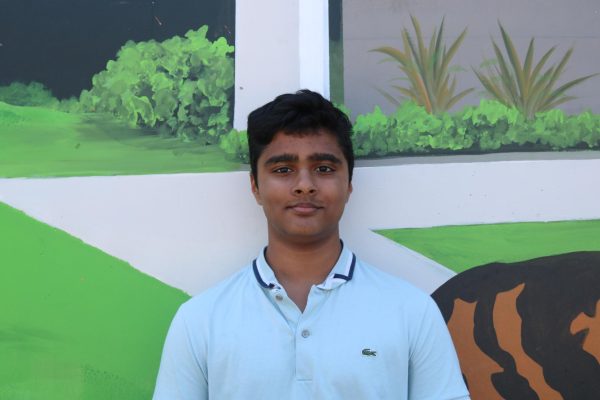
Srikar Thippavajjula, Staff Writer
Srikar Thippavajjula is a junior and is in his first year as a writer for The Californian. He is excited for his first year and hopes to improve his writing skills while learning more about journalism. When he is not working on school work or extracurriculars, you can find him reading, watching movies, or spending time with friends and family.
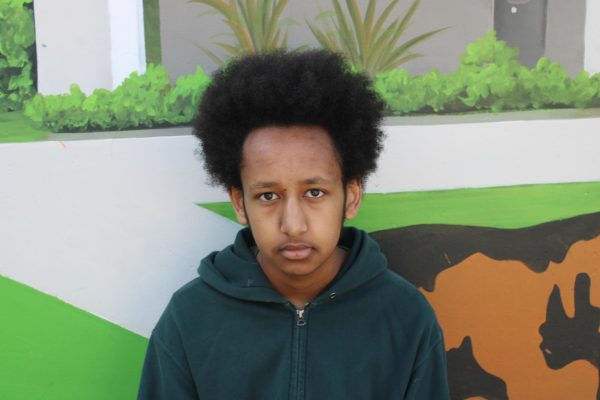
Raiey A. Bekele, Staff Writer
Junior Raiey Bekele is a newcomer to the newspaper who accidentally picked the yearbook class on Infinite Campus because they called the yearbook class ‘Publications I’. He would recommend the class regardless because the editors are awesome. He enjoys old art from around the globe, but mostly European art & all colors of comics.
